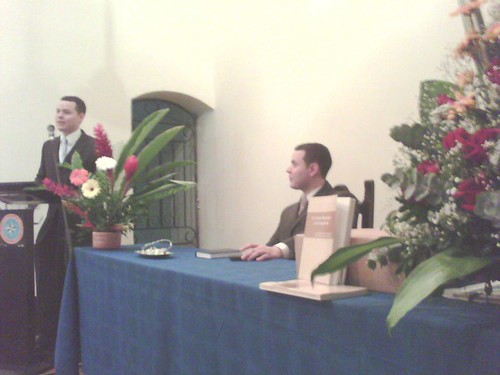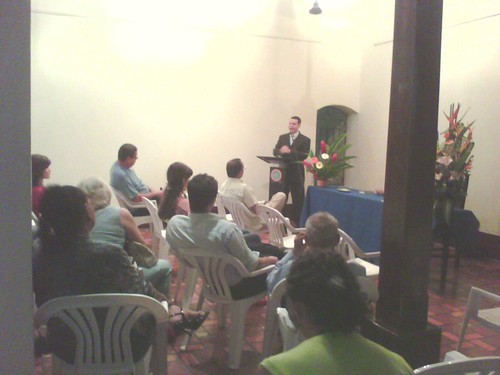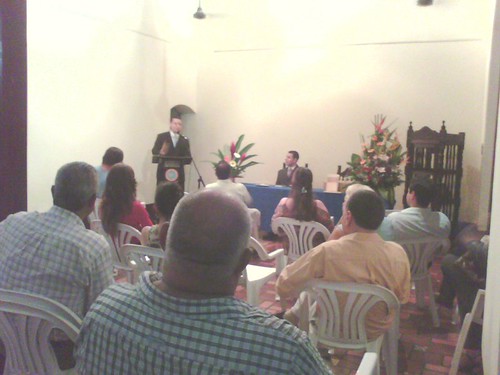José Alberto López Rafaschieri and Luis Alberto López Rafaschieri
www.morochos.net
Political instability in Middle East, a terrorist attack in Nigeria or Colombia, and a nationalization process in some part of Latin America are the classic problems that confront the international oil production.
However, in Venezuela, the Chavez government has introduced a new way to frequently disrupt the world oil supply: incompetence.
One day is an explosion in one of the Venezuelan oil company refineries because nobody noticed the high gas levels in the facilities, as happened recently in the Amuay installations.
Some days later, other PDVSA oil tank explodes because his managers took no precautions against thunderstorms, like lighting rod systems, as occurred in El Palito oil facility.
Since 2002, PDVSA has had at least 38 accidents related to incompetence: oil well fires (Cardon cases for example), explosions, tanker crashes, offshore platforms subsidences, workers' deaths due to faulty safety measures, etc.
The next time oil analysts search for risk in the international oil market, they should consider, too, which PDVSA workers are not qualified to do their job. Chavista mismanagement in the Venezuelan oil industry has not ended.
Related articles:


